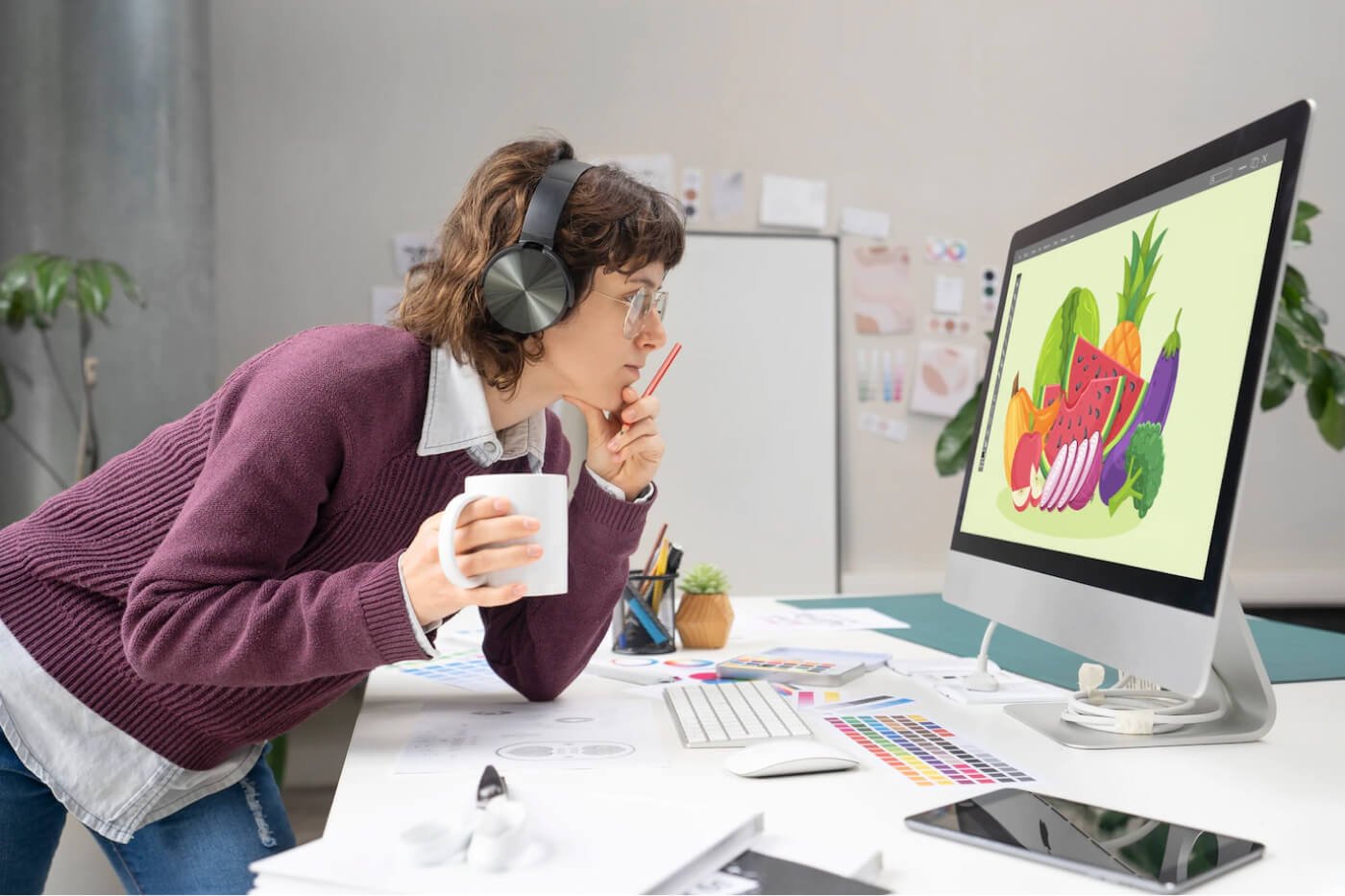
Are you new to PHP or need a refresher? Then this course will help you get all the fundamentals of Procedural PHP, Object Oriented PHP, MYSQLi and ending the course by building a CMS system similar to WordPress, Joomla or Drupal.
Knowing PHP has allowed me to make enough money to stay home and make courses like this one for students all over the world. Being a PHP developer can allow anyone to make really good money online and offline, developing dynamic applications.
Knowing PHP will allow you to build web applications, websites or Content Management systems, like WordPress, Facebook, Twitter or even Google.
There is no limit to what you can do with this knowledge. PHP is one of the most important web programming languages to learn, and knowing it, will give you SUPER POWERS in the web development world and job market place.
Why?
Because Millions of websites and applications (the majority) use PHP. You can find a job anywhere or even work on your own, online and in places like freelancer or Odesk. You can definitely make a substantial income once you learn it.
I will not bore you 🙂
I take my courses very seriously but at the same time I try to make it fun since I know how difficult learning from an instructor with a monotone voice or boring attitude is. This course is fun, and when you need some energy to keep going, you will get it from me.
My Approach
Practice, practice and more practice. Every section inside this course has a practice lecture at the end, reinforcing everything with went over in the lectures. I also created a small application the you will be able to download to help you practice PHP. To top it off, we will build and awesome CMS like WordPress, Joomla or Drupal.
What Will You Learn?
- Know how to configure Wordpress for best results
- Understand plugins & themes and how to find/install them
- Protect their Wordpress website from hackers and spammers
- Create a static homepage useful for most websites, or a blog like homepage useful for bloggers.
- Create an affiliate site for passive, recurring income
- Create a Responsive Website that looks good on any browser
Course Curriculum
Installing WordPress Locally
A first look around WordPress
WordPress Settings, Plugins & Themes
Website Content with Posts & Pages
WordPress Security



